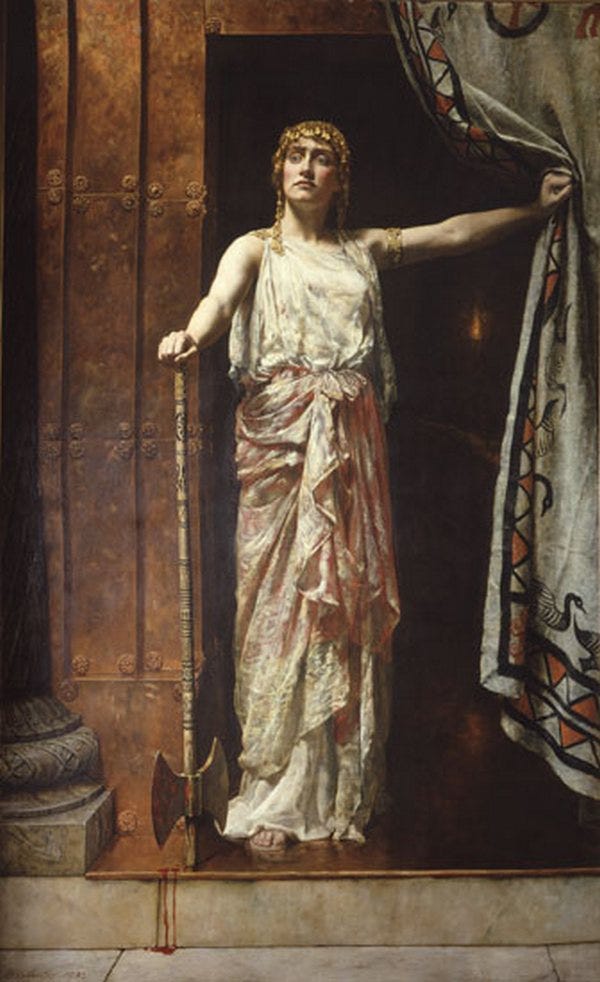Relationships that Last
According to Aristotle and the Sims.
Years ago I became addicted to the Sims, the online game where you develop characters and play god with them (much the way a novelist does!)
If you haven’t played the Sims, you need to know that every character has a bar that shows the degree of closeness to the others in the simulated neighborhood. Full green and they’re in love. (Or as a Sim would say, “Woo-hoo Feffallooba!”)When the bar turns red, the relationship is becoming disastrous. 1
I spent so many hours on the Sims that I began hallucinating green bars with my wife and kids. When I failed to laugh at a joke, forgot to run an errand, or lost my temper, I imagined a bar turning red while a loved one simlishly shouted “Ralbilar!” (I hate you!)
In rhetorical theory, the best way to persuade someone is to enhance your ethos or reputation. We often blow an argument when we try to change a person’s politics with overwhelming logic and the very best AI-enabled facts. Instead, we might want to act the grownup in the room, the one who asks questions and doesn’t get all X-or-Bluesky on people.
Aristotle wrote about this strategy in his Rhetoric, the original book of persuasion. You want to cultivate eunoia, the audience’s impression that you have their best interest at heart. In the Sims, the green relationship bar grows when you spend time with the other person—when you show up. (And also when you give them stuff, naturally.)
The game relates to a 3,000-year-old philosophy of philos. Yes, it’s where we get the word philosophy—literally, “love of wisdom.”
Actually, not literally. Philos doesn’t mean love so much as a sacred obligation to the people or values closest to us. The ancient Greeks believed that we have an absolute, unswerving duty to our closest friends and relatives.
Philos had almost the force of law. This comes into play, literally, in the ancient Greek myth of Clytemnestra. The wife of King Agamemnon, one of the Greek leaders in the Trojan War, Clytemnestra was not a happily married woman. For one thing, the king killed her first husband and forced her hand in marriage. Then he sacrificed their daughter to ensure favorable winds for the invading fleet. Then he returned with a captive Trojan princess. Having had enough of this man, Clytemnestra murdered Agamemnon in his bath.

Besides committing a mortal sin, she left her son, Orestes, with a dilemma. Should he honor philos with his mother by forgiving her? Or should he fulfill his philos by avenging his father? Orestes chose to kill his mother—another mortal sin. Lose-lose. Aristotle used this unhappy tale to illustrate the difficulty of divided loyalty.
In my latest book I show how the concept of philos can help you reconcile body and soul. More on that in a later post. Meanwhile if you want to out-nerd your friends, tell them that a philosopher isn’t just a lover of wisdom; it’s someone dedicated to wisdom, with a god-enforced lifelong mission to pursue the truth.
As an amateur (lover) of words, I looked up other philo- entries in my bound Oxford English Dictionary. Does that make me a philologist? Some would argue that I need a Ph.D. for that; Aristotle would say I just have to dedicate myself to words.
A TikTok influencer is a philodox, someone who doesn’t just love fame but who dedicates her life to the pursuit of attention.
A philomath commits to the pursuit of learning.
People who aid refugees are philoxenists, devoted to strangers.
Taylor Swift is a philomel, dedicated to song. (In Greek myth, Philomela metamorphizes into a nightingale.)
Someone devoted to women’s rights should be called a philogynist, though the term usually applies to horny men.
Philopaters are those rare and wonderful offspring who will do anything to serve their fathers. (Philopater also means patriot, someone devoted to one’s fatherland.)
These devotees are devoted. They don’t just love, they commit. Aristotle understood that the deepest relationship is about more than mere love and affection. It depends on commitment.
Let your green bars grow.
P.S. I just happen to be halfway through the audiobook of The Boys in the Boat, the true tale of the Seattle rowers who won a gold medal at the Hitler-hosted 1936 Olympics. To win a race, each man has to give up his ego and commit to the team and the boat. It may be the best illustration of philos since Aeschylus’s Oresteia.




So the rowers were philoskafos, or men who loved boats. See? I'm learning.
Amazing Jay!